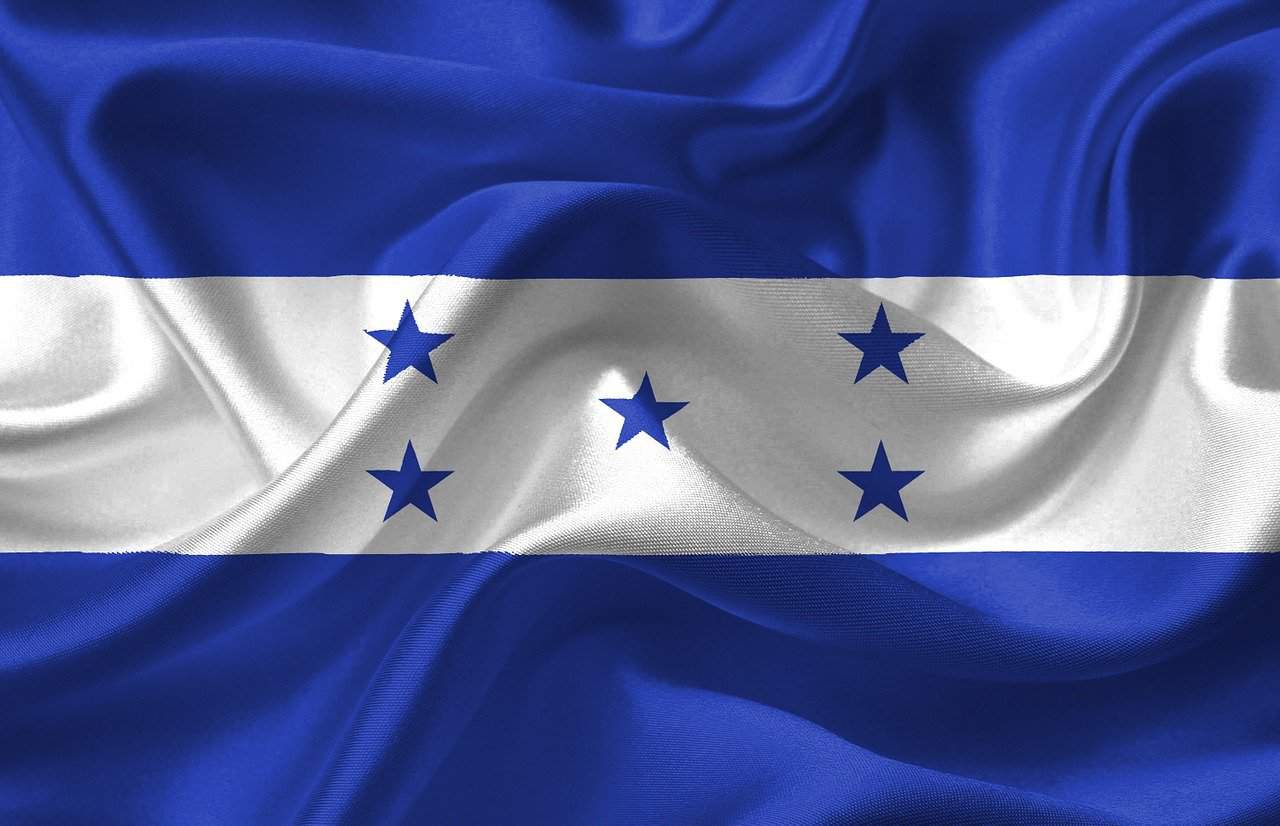Hondurans head to the polls on Sunday to elect a new president in a country wracked by corruption and beset by powerful drug-trafficking gangs that have even infiltrated the top ranks of government.
Many young people have given up hope of a better future and think only of migrating to the United States.
Since the coup d’etat that deposed Manuel Zelaya in 2009, the country has been run by the right-wing National Party of outgoing President Juan Orlando Hernandez, accused in the US of involvement in drug trafficking.
Zelaya’s wife and former first lady Xiomara Castro, of the leftist LIBRE party, leads in several opinion polls. But many fear the ruling party, represented by Tegucigalpa mayor Nasry Asfura, will not readily give up power.
“After a dozen years of National Party rule marked by widespread corruption and criminality, most Hondurans are unhappy with the status quo and seem to be looking for change,” said Michael Shifter, president of the Inter-American Dialogue.
“But the National Party machine should not be underestimated, and many powerful interests can be expected to do what they can to block Castro from taking the reins of the country.”
The National Party has led a vicious campaign, portraying Castro as a communist and highlighting her plans to legalize abortion and same-sex marriage — sensitive issues in conservative Honduras.
US pushing for clean vote
The National Party has history when it comes to bending the rules.
Hernandez won two elections marred by accusations of fraud. He narrowly beat Castro in 2013 and then bypassed the constitution’s ban on reelection to win a second term in 2017. Serious social unrest erupted after Hernandez’s second win, in which he edged out popular television host Salvador Nasralla, who has thrown his support behind Castro this time.
Such a repeat of mass protests would not go down well in Washington. The United States is Honduras’s biggest trade partner and the intended destination of the thousands-strong migration caravans that regularly leave the Central American country.
“The (Joe) Biden administration is pressing for a clean and fair vote,” said Shifter. “The US wants to avoid a replay of 2017” and the increased pressure on migration caused by a worsening humanitarian situation, he added.
Honduras is on tenterhooks regarding what comes next.
If Castro were to win by a small margin, “the National Party will allege fraud and… that could be dangerous for the country’s stability,” said analyst Victor Meza, director of the Honduran Documentation Center, an NGO that promotes democracy.
If Asfura wins, no matter by how much, “the defeated opposition will not accept it… and will demand a recount vote by vote or new elections,” added Meza, a former interior minister in the Zelaya government.
Hope for peaceful vote
Fifty-nine percent of the 10 million population lives in poverty, exacerbated by the coronavirus pandemic.
Their hopes are simple.
“The important thing is that (the next president) provides jobs, education, helps the poor to get ahead, and hopefully there won’t be trouble,” said Wilson Garcia, 37, a street vendor. Unemployment almost doubled during the pandemic from 5.7 percent in 2019 to 10.9 percent in 2020.
“We hope the elections will be peaceful, that there are no problems, everything is transparent and that every candidate” accepts the results, said Delia Flores, 65, another street vendor. What has been evident on the campaign trail is a lack of concrete political, social or economic proposals.
The third candidate — out of 13 in total — with a realistic hope of winning, Yani Rosenthal of the Liberal Party, has simply promised to give every adult a monthly voucher worth $60 if he wins.
Skepticism is high, though, when it comes to a candidate who spent three years in a US jail for laundering drug trafficking money and was only just released in time last year to run for president. “The politicians promise and promise, but I don’t see anything,” said Jose Velasquez, 50.
“We all hope there is change… the truth is, we need it,” added Maria Pena, 18. Whoever wins, “the list of challenges is enormous, the first of which is to rebuild the country’s democratic institutional fabric,” said analyst Meza.
Over the last two years, Congress has disbanded an anti-corruption commission backed by the Organization of American States, and passed a new criminal code lowering sentencing for corruption and drug trafficking cases. Many members of Congress have been accused of corruption and were being investigated by the disbanded body.
Traffickers caught by the United States have implicated Hernandez in illicit activity, and the president’s brother Tony Hernandez was in March sentenced to life in a US prison for trafficking 185 tons of cocaine.
Honduras “is a degraded state, partially co-opted by organized crime,” said Meza.
by Barnaby CHESTERMAN / Moises AVILA






